Everything Is Connected And Why You Don't Feel It
...And Why It Matters
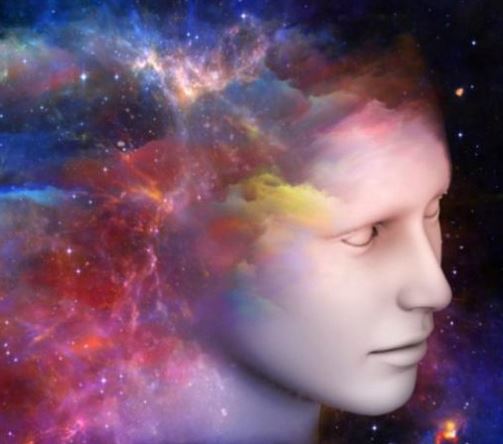
To say that everything is connected could be seen as a big, bold, dramatic statement that is commonly regarded as the domain of philosophers and physicists. Over the past couple of decades statements like this have been the common currency of the New Age movement in general and more specifically by proponents of the so called law of attraction.
It would be easy to see this in the same light as the 17th century Protestant theologians who mocked medieval scholars who allegedly debated how many angels can dance on the head of a pin.
A modern colloquial reponse would be: "...really... so what... who cares!?"
However, there are many who do, and this theme of interconnectness runs through mystical literature from the Upanisads to medieval and modern Western mystical literature.
The buddhist sanskrit term for this interconnectedness is "Sunyata" which is, in my view unhelpfully, translated as "emptiness".
This is a technical Buddhist philosophical doctrine which asserts that the five core components of a human being - namely body, sensation, perception, thoughts and consciousness - have no independent existence, have no self originating form, and are entirely dependent on something else for their creation and existence.
This teaching extends to include all phenomena and postulates that everything is dependent on something else for its existence.
This teaching of sunyata helps Buddhists to understand that:
- There is no fixed, stable self
- The universe is neither fixed nor stable
- Everything is dependent on something else causing it to exist
- Nothing has form of its own
The recently departed, greatly revered and saintly Vietnamese Zen Master Thich Nhat Hanh coined the phrase "Interbeing" to describe how everything is connected and is dependant on something else for its creation and existence.
He has written movingly and elegantly about The Fullness of Emptiness in which he demonstrates in very simple and non technical language how all things are connected, and I really commend this article to you.
Yes but who cares whether or not everything is connected - so what!?
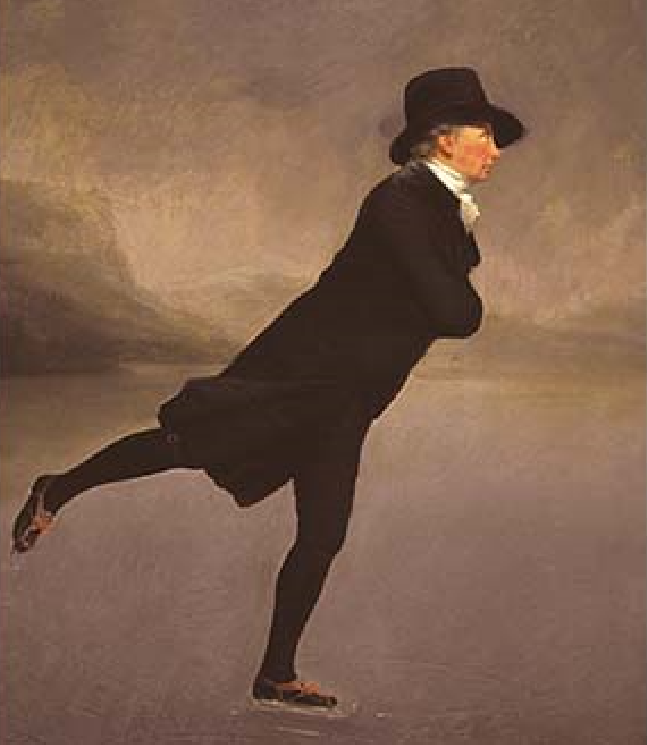
As human beings we are skating on very thin ice with our sense of self and certainty about "how things are" and what we like to think is reality.
There is also a rather large elephant in the room:
- What if everything we think we know and base our security and certainty on really is an illusion?
- What if most of the world's major religious and philosophical traditions have actually all been pointing to a far greater truth and reality to which we are oblivious?
- What if there really is a better way of living in alignment with this greater truth and reality?
- What if our blindness to this greater truth and reality and our consequent non-alignment will lead us to a post death oblivion and cause us to miss out on being alive, more alive, and more whole than we had ever been this side of the grave?
Getting to grips with these subjects is complicated because we need to consider a wide range of disciplines ranging across neuroscience, physics, quantum mechanics, noetic science and metaphysics and all in the context of the long standing insights and beliefs of differing philosophical and religious systems of thought.
The problem is compounded by the words and concepts that we use. Ultimately we are probing the ineffable and we do not have the mental hardware or software to handle it.
My purpose in this article is not to baffle you with science, philosophy or metaphysics and certainly not to offer, nor seek to persuade you of, any particular belief system.
My purpose is twofold:
- To set out a series of simple models to illustrate these truths and realities in an accessible and easy to grasp format.
- To offer some experienced based, tried and tested suggestions and pointers to accessing a personal experience of these truths and realities.
The fact that you experience your conscious mind as a single unified entity is a chimera. Your brain is a collection of distinct modules, performing specific functions, but from a neurological persective it is not a unified system.
So why does your
conscious mind seem to you to be one thing when the underlying mechanics of
your brain are separate, localised and
specialised?
Your consciousness can best be referred to as an emergent property of your
brain.
"Emergent properties"
arise from the
collaborative functioning of a complex system, but do not belong to any one part
of that system. So for example, you can not determine the properties of an ant colony by observing the behaviour of a single ant. "You" have no substance, "you" really are the ghost in the machine of "your" brain. So to bang a few basic pegs in the ground:
The Impermanent Self
"You" are the ghost in the machine of "your" brain
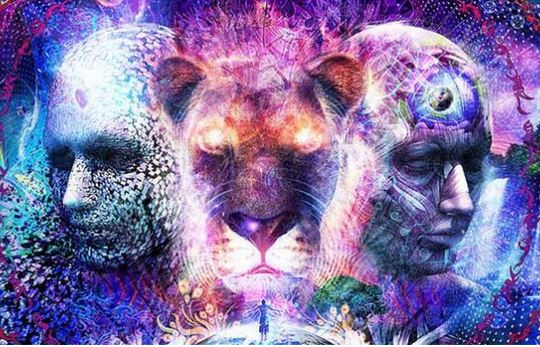
The Impermament Universe
Duality and life beyond your limited senses
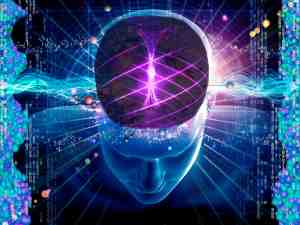
Having considered the impermanent self and the somewhat brutal implications of what that means for our existence, we now need to consider the impermanent universe and look very closely at why we really just can't see, let alone feel, that everything is connected.
We also need to look at some simple models that illustrate how and why this is the case.
Then we are going to look at how we can ultilise different and seldom used faculties to see how things really are, and the consciouness that underpins everything, and how to engage with that consciousness.
Finally we are going to take a glimpse at what that might mean for our sense of who we really are, and the potential for an unimaginable immortality.
First, lets consider the universe of vibration.
In a universe of vibration our senses respond to the "on" but miss the "off"
This is a universe of vibration, and whether we think of vibration in terms of waves or particles, no crest of a wave can occur without a trough, and no particle can occur without a space or interval between itself and other particles.
There can be no on without off, no up without down:
- Our senses are constructed in such a way that we notice and respond to the "on" but miss the "off".
- The dark, the silent, the empty, the off interval, is ignored.
- But that doesn't mean it isn't there, and that doesn't mean it isn't absolutely essential.
- Our consciousness ignores the intervals between one "on" and the next "on", but it could not notice the "on" without the existence of the "off."
- We see the foreground but miss the background....
The paradox of duality
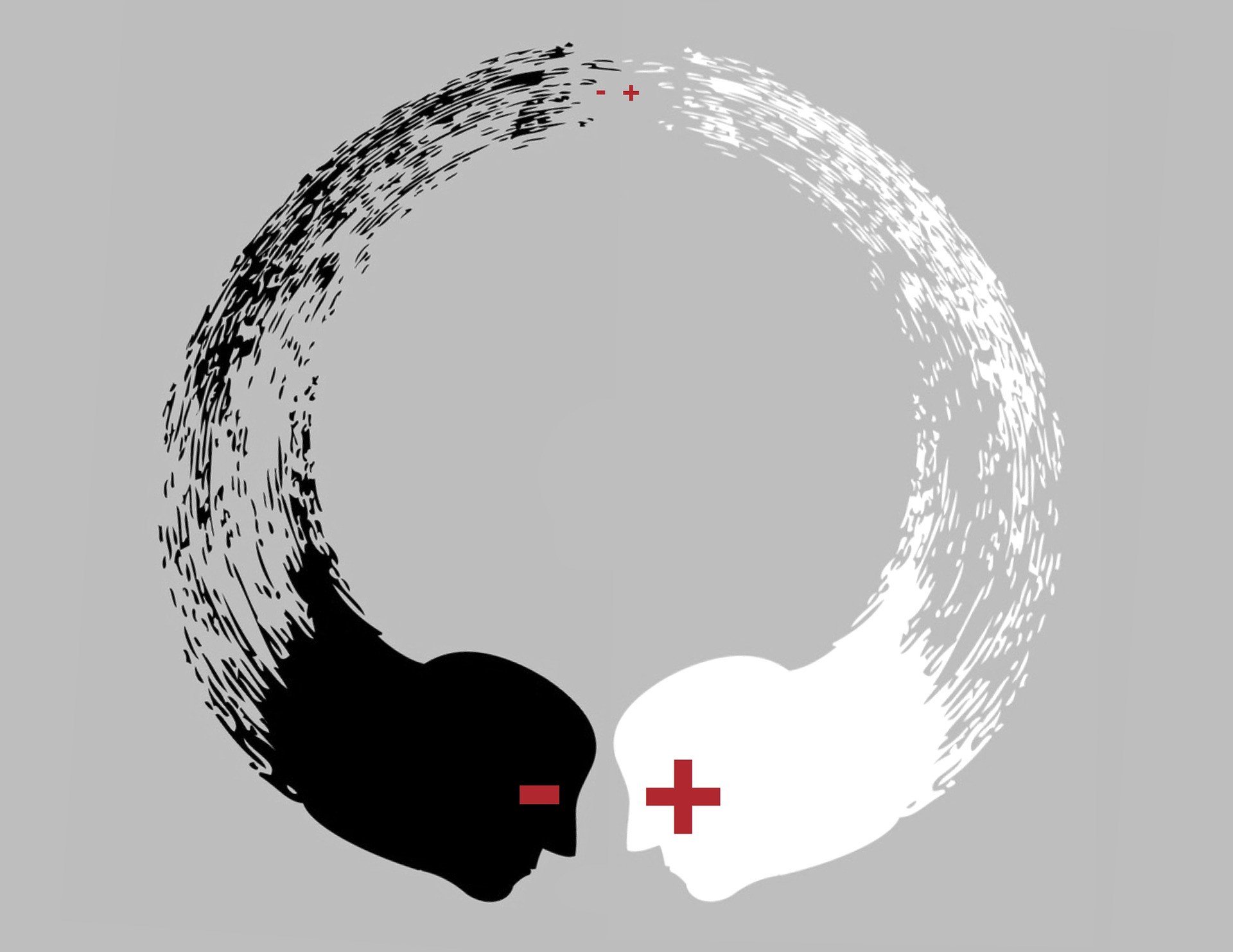
Another expression of this vibratory aspect of the universe is duality.
- Everything is connected and a part of a one-ness - there is no separation.
- Yet despite this innate one-ness or unity there are 2 sides to absolutely everything - think of them metaphorically as the yin and the yang.
- These 2 sides appear as opposite or contrary to each other. Yet they are dependent on each other and one can not exist without the other. For example: there can be no up without down, light without darkness, male without female, expansion without contraction, wealth without poverty or good without bad.
The heart of the paradox
- Each of these seemingly opposite ends of the spectrum is one thing, not two.
- Hard as it is for the dualistic mind to comprehend, in being opposite, they are also inextricably tied to each other, and cannot exist independently.
- They're like two sides of the same coin.
- You can't have a one-sided coin, and the two aspects of duality cannot exist separately either, nor can one win out over the other.
- This is how we experience the universe in which we live.
- The shattering implication of a world based on duality is that it is not possible, nor ever will be possible, to eliminate the polarities within it. [This is not an argument for not showing compassion and attempting to alleviate suffering.]
The hardware and software in our skulls is wired in such a way that we can naturally only ever see this duality in terms of "this" and "that", as subject and object, and we can never see that everything is connected.
There are so many things that we can not see in other contexts such as electricity, radio waves, sub-atomic activity etc. and yet we take these things for granted.
Yet we struggle with, and are so often in denial about, the paradoxical nature of duality.
Orthodox Christianity, as per the Council of Nicea 325 CE, says this is the result of sin and humanity's willful turning away from God, Buddhists see this as "wrong view" caused by craving, desire and attachment.
My personal view is that the issue is neurological and our incapacity to see that everything is connected is a reflection of the current stage of evolution of the human brain - in practical terms a lack of brain balance.
But regardless of the cause, the fact that we can not see the interconnection and oneness that is intrinsic to duality does not mean it is not there.
Foreground & background

So, to pull this all together, we have to understand and be aware that our natural perception is seriously skewed. What we perceive as reality is incomplete.
It maybe helpful to further explain duality by introducing the model of foreground and background:
- The physical world is the world of the mind and exists in the foreground and is experienced through our senses.
- Then there is the the background - the world of consciousness, the realm of energy, the spiritual world - from which all form emerges into the foreground, and into which it eventually dissolves.
- The physical world of form could not exist without this background.
This is summed up in the Buddhist saying: "Form is emptiness, and emptiness is form."
And also in the saying of Christian theologians (Tillich et al): "The ground of all being."
Beyond Flesh And Blood
Engaging with consciousness
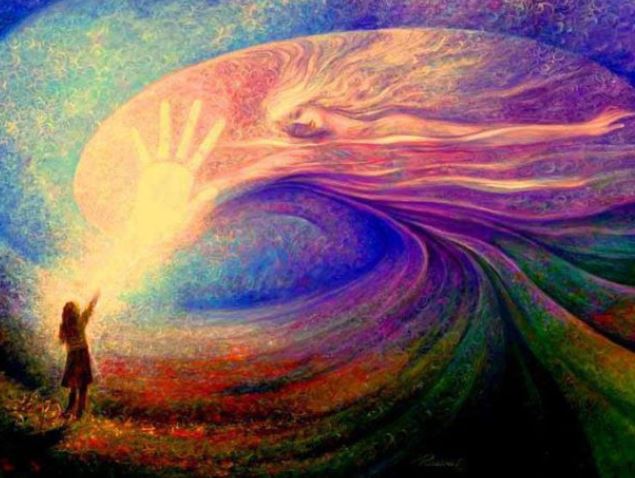
Let's just take a moment to recap on what we have considered so far:
- You have an impermanent self; there is no independently originating "you"; "you" are an emergent property of the complex interconnection, and interaction, of multiple modules within your brain; "you" cease to exist the
moment the blood stops pumping round your brain.
- You live in an impermanent universe.
- You are seriously handicapped in that your senses can only detect half of what is there.
- You can only see the foreground, the physical world of form, in which all objects and matter appear.
- You miss the background, the realm of consciousness, from which all form emerges and into which it eventually dissolves.
- This inability to see the background, the realm of consciousness, is why you can not feel that everything is connected.
- Everything is connected in consciousness.
How do you engage with consciousness? How do you get started?
The gateway to engaging with consciousness is not through the conscious mind, it does not involve your ego.
- It is impossible to engage with consciousness via rational enquiry.
- It is not thought based.
- It is not belief based.
- It is not emotion based.
- It is not in any way self generated.
- It is an experience-based understanding of consciousness.
- It is triggered by an inner prompting and awakening.
- It is a response to consciousness within your higher self.
The ancient Greeks called this gnosis - a term derived from the Greek noēsis / noētikos, meaning inner wisdom, direct knowing, intuition, or implicit understanding. The philosopher William James described this as:
"...states of insight into depths of truth unplumbed by
the discursive intellect. They are illuminations, revelations, full of
significance and importance, all inarticulate though they remain; and as
a rule they carry with them a curious sense of authority…"
It all starts with some form of inner prompting. This is often felt in your heart rather than your head. Gnosis is an experience not based in concepts and beliefs but in the sensibility of the heart.
The Christian perspective would frame this as the grace of God, Buddhists would see this as the awakening Buddha nature.
Personally I have found that the regular practice of meditation and a continual practice of mindfulness has created the space to allow this to happen.
For some people there is sudden and amazing flash of insight such as
that shared by Dr Edgar Mitchell the astronaut and founder of the
Institute of Noetic Science.
For others of us this is a more gradual and developing awareness.
Buddhists offer advanced meditation practices on sunyata/emptiness to experience emptiness or consciousness. Direct experience of the buddhanature is a wonderful thing, but frankly, this is beyond the reach of the average person unless they practice mindfulness on a regular basis.
My focus is on what works and what is accessible.
The reality of the vast majority of us, for most of the time, is that we live in the world of duality.
A further significant reality is that we are emotional beings.
It for this reason that I prefer to offer the model of the higher self [within the realm of duality] to access, experience and build relationship with consciousness in the realm of non-duality.
This approach is simple, fast and felt.
Both approaches are important and complement each other. Buddhism focuses on the enlightened mind and Christianity reveals the awakened heart.
Think of it this way, mindfulness meditation leads us to "Big Mind" and working with the higher self leads us to "Big Heart".
But as with everything we are talking about in this article, these are just words - pointers to the meaning that lies beyond them.
My personal experience of getting started
I have written in some detail about my personal entry point to all this, when I really started to take consciousness seriously and to realise that everything is connected:
"The journey of personal development and spiritual growth starts by developing a good working relationship with your mind.
The
initial stages of this process focus on the conscious mind and working
on all the things you can do to develop a more resourceful mind.
As
you engage with this process you soon realise that your mind has many
unconscious aspects that you need to make conscious and work on.
Then, at some point, you become aware of your spiritual or higher self.
The best way to think of this is as your personal portal to the universe and 'everything out there'."
Your Higher Self
Your inner portal to consciousness
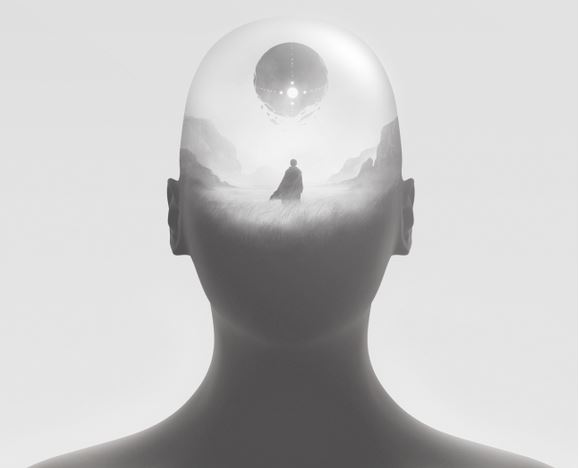
There is a common perception [although very differently expressed] in many of the major religions and belief systems that there is a potential within all human beings to experience and engage with consciousness.
Buddhists talk of the buddha nature which is seen as an innate capacity to become enlightened.
Christians talk about putting on the nature of Christ. The Gnostics, speak of the divine spark that is the portion of God that resides within each human being. Taoists speak of being lived by the Tao.
I want to offer you one last model and that is of the higher self. As with each of the analogies and models I have outlined in this article the model of the higher self is an attempt at a simple expression of something that can get unhelpfully complicated.
- Visualise a ship at sea. The ship floats on the surface of the ocean and its purpose is to transport cargo and passengers from one location to another.
- Think of the ship as your conscious mind.
- The ocean is metaphor for your subconscious mind. The ocean is deep, dark and mysterious and generates powerful currents which have a strong influence on the direction of travel of the ship.
- The sky is metaphor for your higher consciousness. This is often referred to as your higher self or higher power. The sky contains the clouds, the wind, the weather and is the gateway to the planets, the stars... the universe.
- Think of your higher self as your inner portal to the universe and everything "out there" – the dimension of consciousness.
The higher self is something that we experience when the conscious mind is quiet through the practise of mindfulness or any other means that stops it thinking.
In the Christian perspective: "Be still and know that I am God" [Psalm 46.10]
The purpose of zen practice is: "...to remove all ideas, all concepts, in order for the truth to have a chance to penetrate, to reveal itself." [Thich Nhat Hanh]
The Characteristics Of Your Higher Self
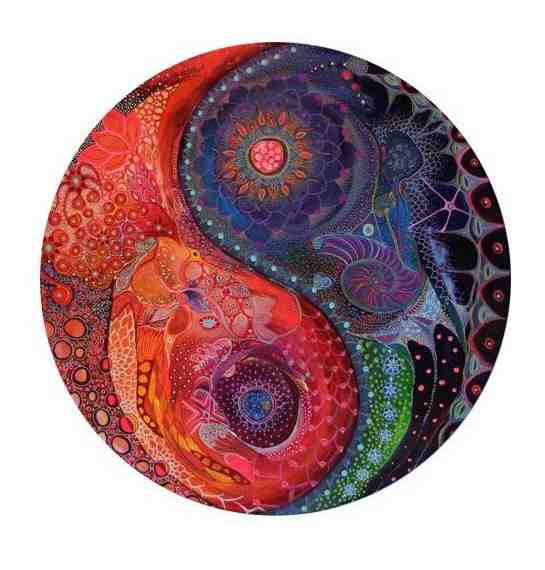
- This is the big you, the transcendent you, the you that is often referred to as your higher consciousness or higher self.
- This is the you that acts as your conscious mind's portal to the universe, everything conventionally thought of as outside of you.
- This is the you that is connected to every thing and everyone else.
- This is the non-dualistic you that does not see distinction between "this and that" and experiences "everything" as unity.
- This is the you that exists in the dimension of spirituality.
- This is the you that is beyond your thinking mind.
- This is the you that knows that everything is connected.
- This you can not be thought and can only be experienced.
- This is the you that is beyond time and space.
- This is the all powerful you.
- In the Christian expression this is the God or Divine you.
- In Taoism this is The Tao or The Way
- In the Buddhist expression this is the Buddha mind, the enlightened mind or the "Big Mind".
- This is the you upon which you expend so much time, effort and energy while you are stuck in seeking.
- This is the you that is always here - now, in the present moment.
- This is the immortal you - the spiritual you that lives for ever.
The words I have written above are just words and as we noted elsewhere: words are not the meaning they are the pointers to the meaning. I am trying, rather inadequately, to express the ineffable.
As a personal observation I feel that the gnostics got close to this in their use of myths and symbolism rather than theology and doctrine to express the process of inner awakening, the gnosis of consciousness.
As a further observation I feel that the Christian insight of relationship with God, and symbolically describing this inner connection with consciousness as a relationship with a loving father, is very powerful, and speaks to the felt sense of consciousness:
Aligning With Your Higher Self
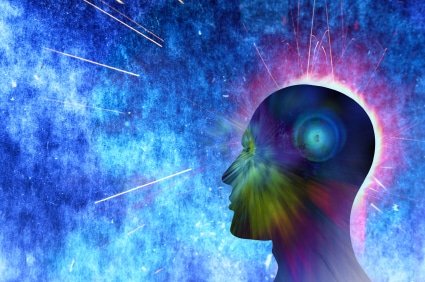
The most direct and simplest way of engaging with, and relating to, your higher self is first to respond to it and then to just talk to it. As a metaphor, think of this as a form of self dialogue.
Humility helps and asking questions is a very good way of getting started.
Say it, pray it, ask the question and forget it. The answer will always come.
Another approach that is not in the Buddhist playbook is prayer, so if the idea of a prayer seems alien to you reframe this as an intention.
I struggled with this practice for years until I came to understand it in a way that works for me
You could start by just asking for help
in your mindfulness practice and also for help in anything that is
troubling you or that you are trying to resolve, anything that is
causing you to not be present right now.
Asking for help makes it easier to let it go and let your mind rest.
The focus of your request can be whatever you feel comfortable with such as your higher self, God, the universe, the buddha mind within you - it really doesn't matter because all of these are labels, images and concepts projected by your mind.
We need them to get started, but we are reaching beyond them to consciousness
What does matter is your intention and the spirit in which you ask, and I recommend an attitude of humility.
Don't think about it, just express yourself from your heart.
So say it, pray it, ask the question, ask for insight, ask to know, and then let it rest and forget it. The answer will always come.
Dropping the "My Way"
The more you do this you will experience a corresponding shift in your relationship with your ego.
You increasingly become aware of how your ego gets things horribly wrong because of:
- Your ego's desire to be in control
- Your ego usurping the role of your higher self
- Your ego disconnecting you from your true source of power
This leads to the necessary realisation that you need to drop your ego and get out of your own way.
Over time it becomes painfully apparent that dropping the ego is not a one-time experience but a frequent activity that should be undertaken at least daily and often many times throughout the day.
Then you discover that as you take your higher self seriously it engages and starts to take you seriously, and everything changes.
This is about a 180 degree shift from living MY life to a life that is lived by consciousness and at last, the realisation that everything is connected.
Renewal
This is difficult for the natural egoic mind to comprehend as it requires a renewal of your mind.
Renewing your mind is based on practices, not beliefs, that will have a
profound and positive effect on your life.
This all takes work and effort as the human mind runs on deeply ingrained and habitual patterns of thought.
Neural pathways in your brain get stronger with repetition and you will be training your brain to establish new pathways through new activities, new patterns of thought, and new behaviour.
Based on my own personal experiences I recommend the following 3 core practices and 2 applied practices as a means of renewal.
Each of the links below will take you to a page which explains how to do the practice and offers additional supporting resources.
Core Practices
Applied Practices
The Journey
Next Article:
Who Is In Charge Of Your Brain - How Not To Be Stupid
Further Reading:
Beyond Beliefs - How To Be Free From Views And Words
Developing A Good Working Relationship With Your Mind
Inner Life - Background & Foreground
Duality And Life Beyond Your Thinking Mind
Consciousness Is Now The God In Our Machine
Communicating With Consciousness
The Energy Of Life Is Within You
Connecting To Your True Source Of Power
For The Serious Seeker:
May I refer you to the words of the late British Domincan monk and mystic Bede Griffiths [1906-93] at a talk he gave on: Contemplation [8th Oct 1991 at Osage Monastery Tulsa, Oklahoma, US ]
This is a long article, but clear and comprehensive, and covers [much more deeply than I have] the higher self / the spirit and the role of meditation and contemplation as the route to transcendence and the realm of the spirit and the experience that everything is connected.
Further resources: Father Bede Griffiths and His New Vision of Reality
Return from: "Everything Is Connected?" to: Walking The Talk
Or Return to: What Is Spirituality?
LATEST ARTICLES
The Inner Weight of Shame - Sustained By Attentional Fixation
 A Mind That Is Continuously Engaged In Self-Surveillance. Shame is one of the heaviest inner burdens a human being can carry. It does not announce itself loudly or demand attention through drama. Inst…
A Mind That Is Continuously Engaged In Self-Surveillance. Shame is one of the heaviest inner burdens a human being can carry. It does not announce itself loudly or demand attention through drama. Inst…Does Prayer Work? The Psychology of Prayer, Meditation and Outcomes
 Reality Is A Complex System Of Countless Interactions - Including Yours. So does prayer work? The problem is that the question itself is usually framed in a way that guarantees confusion. We tend to a…
Reality Is A Complex System Of Countless Interactions - Including Yours. So does prayer work? The problem is that the question itself is usually framed in a way that guarantees confusion. We tend to a…Living in Survival Mode Without Surrendering Mental Authority
Living in Survival Mode Without Surrendering Mental Authority
 Clear Thinking When You’re Just Trying to Stay Afloat. Many people today are overwhelmed because they are living in survival mode - not temporarily, but as a persistent condition of life. For many, th…
Clear Thinking When You’re Just Trying to Stay Afloat. Many people today are overwhelmed because they are living in survival mode - not temporarily, but as a persistent condition of life. For many, th…Manifestation Without Magic: A Practical Model
 Manifestation without magic is not a softer or more intellectual version of popular manifestation culture. It is a different model altogether. Popular manifestation teachings tend to frame reality as…
Manifestation without magic is not a softer or more intellectual version of popular manifestation culture. It is a different model altogether. Popular manifestation teachings tend to frame reality as…Staying Committed When You Can't See Progress - The Psychology of Grit
 Uncertainty Is Not The Absence Of Progress, Only The Absence Of Reassurance. One of the most destabilising experiences in modern life is not failure, but uncertainty and staying committed when you can…
Uncertainty Is Not The Absence Of Progress, Only The Absence Of Reassurance. One of the most destabilising experiences in modern life is not failure, but uncertainty and staying committed when you can…The Battle For Your Mind - How To Win Inner Freedom In A Digital Age Of Distraction
 From External Events to Inner Events. We often think of “events” as things that happen out there: the traffic jam, the rude comment, the delayed email reply. But what truly shapes our experience is wh…
From External Events to Inner Events. We often think of “events” as things that happen out there: the traffic jam, the rude comment, the delayed email reply. But what truly shapes our experience is wh…How to See Your Thoughts Without Becoming the Story
 A Practical Guide to Thought-Awareness. You can spend your life inside the stories of your mind without ever learning how to see your thoughts clearly and objectively. Most of the stuff we tell oursel…
A Practical Guide to Thought-Awareness. You can spend your life inside the stories of your mind without ever learning how to see your thoughts clearly and objectively. Most of the stuff we tell oursel…The Collison Decision Matrix - A Simple Framework for Better Choices
 The Collison Decision Matrix Is A Practical Everyday Thinking Tool. Most of us spend a surprising amount of time worrying about decisions. From small ones such as what to wear, what to eat, what to te…
The Collison Decision Matrix Is A Practical Everyday Thinking Tool. Most of us spend a surprising amount of time worrying about decisions. From small ones such as what to wear, what to eat, what to te…The Power Of Asking The Right Question
 The Power Of Asking The Right Question Lies In The Quest For Insight. To experience the power of asking the right question you must develop the practice of asking questions. The best way to improve th…
The Power Of Asking The Right Question Lies In The Quest For Insight. To experience the power of asking the right question you must develop the practice of asking questions. The best way to improve th…Site Pathways
 Here is a site pathway to help new readers of Zen-Tools navigate the material on this site. Each pathway is based around one of the many key themes covered on this site and contain a 150 word introduc…
Here is a site pathway to help new readers of Zen-Tools navigate the material on this site. Each pathway is based around one of the many key themes covered on this site and contain a 150 word introduc…How To Live With Contradiction - Beyond Thought Let Stillness Speak
 A major impact on so many peoples' lives is the situational contradiction of unfilled realistic expectations. So where does all this leave us? Well here we are, with mental equipment that is more lim…
A major impact on so many peoples' lives is the situational contradiction of unfilled realistic expectations. So where does all this leave us? Well here we are, with mental equipment that is more lim…
